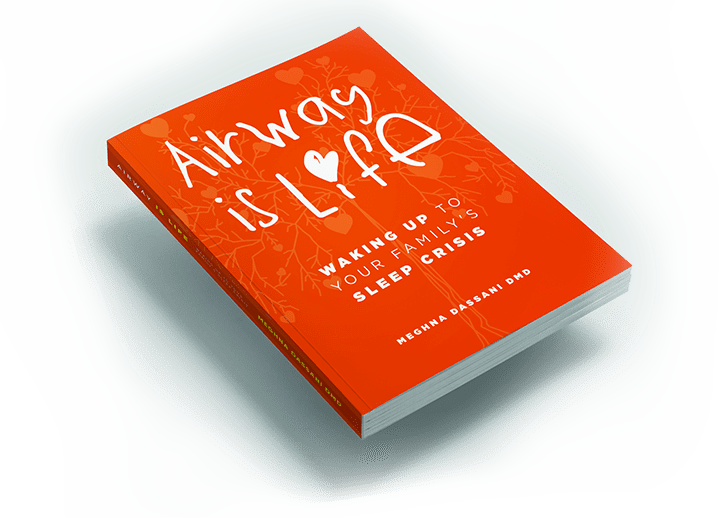Here’s what you need to know about sleep apnea and memory loss
It’s a scary thought – losing your memory. But for many people, it’s a reality. Several factors can lead to memory loss. These factors include age, disease, and injury, but a lesser-known cause of memory loss is sleep apnea.
Sleep apnea is a sleep disorder that causes breathing to stop and start during sleep. This temporary breathing cessation can happen dozens or even hundreds of times per night. And it can take a significant toll on your health. Research shows that sleep apnea is linked to an increased risk of memory loss, dementia, and Alzheimer’s disease.
If you’re worried about memory loss, talk to your doctor. Your doctor can determine if sleep apnea is to blame and offer treatment options that can improve your sleep.
Let’s talk more about sleep apnea
There are two main types of sleep apnea:
- Obstructive sleep apnea (OSA)
- Central sleep apnea (CNA)
Obstructive sleep apnea is the more common of the two. It occurs when your throat muscles relax too much as you sleep, blocking your airway and making it hard to breathe.
Central sleep apnea is less common. It occurs when the signals from your brain to your muscles fail. As a result, your respiratory muscles are unable to keep you breathing normally as you sleep.
Both forms of sleep apnea can occur in people of any age. But they’re more common in men and people who are overweight. They’re also more common in older adults.
If you have sleep apnea, you might not even know you have it. Sometimes, the only way to realize you have the condition is for someone who lives with you to spot the signs. The most common sign of sleep apnea is snoring (although not everyone who snores has sleep apnea).
Other signs and symptoms of sleep apnea include the following:
- Gaps in breathing during sleep
- Waking up gasping for air
- Waking up with a sore throat or dry mouth
- Excessive daytime fatigue
- Irritability
- Memory loss
- Trouble concentrating
If you or someone you live with have any of these signs or symptoms, talk to a healthcare professional. They can order a sleep study to confirm the diagnosis.
How sleep apnea affects your brain
Sleep is important for memory consolidation. When you’re asleep, your brain processes the day’s events and experiences, linking them together and solidifying your memories.
During this process, electrical signals are sent between various regions of the brain, helping to strengthen neural connections that underlie both short-term and long-term memories. Evidence suggests that certain kinds of sleep (especially deep, restorative sleep) may be specifically involved with strengthening these crucial neural links.
Waking up frequently during the night may be the reason people with untreated OSA have trouble recalling memories and details. Their brains don’t spend enough time asleep to allow for memory consolidation.
Research has shown that people with untreated OSA have significant verbal episodic memory and visuospatial episodic memory impairments.
Additionally, not only can sleep apnea lead to memory loss and cognitive decline, but it can also increase your risk of developing Alzheimer’s. Research shows that not getting enough REM sleep makes you more likely to get dementia or Alzheimer’s later in life.
How to treat sleep apnea
If you discover you have sleep apnea, you have several treatment options available (depending on the severity of your condition).
Your options range from lifestyle and behavioral changes to more advanced treatments like CPAP machines and dental appliances. What matters most is finding a solution that works for you and provides relief from your symptoms.
For people with mild or moderate sleep apnea, a few lifestyle changes may be enough to control their sleep problems. Eating healthy foods and avoiding alcohol or other sedatives before bed can reduce snoring and heavy breathing during the night. Other people may practice stress-reduction techniques or exercise regularly to improve their sleep.
But if these lower-impact treatments don’t help enough, more advanced treatment options may be necessary. For example, people with severe sleep apnea may need to use a continuous positive airway pressure (CPAP) machine to keep their airways open while they sleep. Or, they may need to use specialized dental appliances, such as mouth guards and tongue retainers.
In any case, you should consult your doctor about which treatment will offer the best results. That way, you can improve your sleep and prevent sleep-apnea-related memory loss.
Dr. Meghna Dassani has practiced dentistry for over two decades and is passionate about the role dentists play in whole-body health. You can learn more at her website: MeghnaDassani.com.
Healthy Sleep Revolution Podcast
Snoring? Tired all day? Trouble focusing?
So many think these symptoms are common in kids and adults when tired. Join us as we debunk some of these common myths and put the spotlight on Sleep Apnea. Discover what constitutes healthy sleep and how we can help ourselves and our kids get the best sleep ever.


